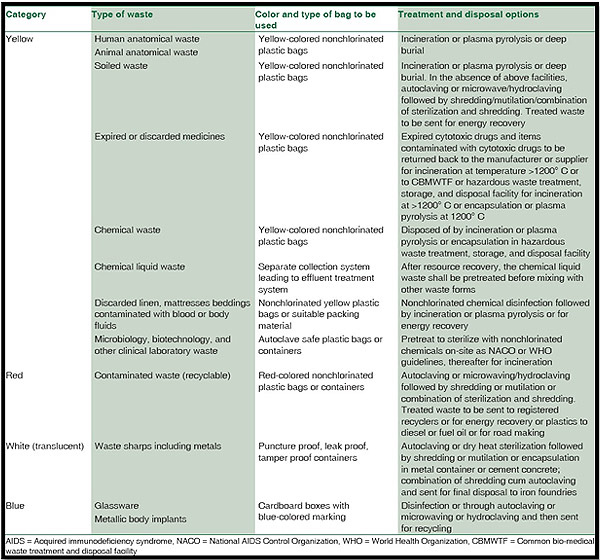Some Known Questions About Reclaim Waste.
Some Known Questions About Reclaim Waste.
Blog Article
An Unbiased View of Reclaim Waste
Table of ContentsGetting My Reclaim Waste To WorkReclaim Waste Things To Know Before You Get ThisReclaim Waste Things To Know Before You Get ThisThe Reclaim Waste DiariesThe Buzz on Reclaim Waste
Explore the kinds, occurrences, and forms of fluid waste. Domestic sewer waste refers to the waste and items from a residential septic system. This kind of waste is created by human beings in residences, colleges, and other buildings. This only includes septic storage tanks that have a drainpipe field. The correct monitoring and disposal of domestic sewer waste require liquid waste to be moved to a sewage treatment plant where the appropriate techniques and tools are put on detoxify and deal with waste.
Industrial waste often includes possible hazards, such as flammable products or a mixture of liquid and solid waste products, and needs a much more advanced and in-depth disposal process. The disposal of industrial waste commonly involves the filtering of waste before transportation to make certain secure and correct disposal. Hazardous waste is developed from byproducts and runoff of commercial procedures and manufacturing.
This kind of waste can not utilize the exact same sewer monitoring transportation or processes as septic or industrial liquids. The hazardous waste administration procedure requires the examination and screening of liquid waste before it undergoes the disposal process (liquid waste removal). Overflow waste is the fluid waste that comes from runoff and excess stormwater in highly booming locations or cities
Overflow waste can trigger contamination and flooding if not dealt with correctly. Making sure proper waste management can stop catastrophes and decrease environmental injury.
Little Known Questions About Reclaim Waste.
Call PROS Services today to learn more about our waste management and disposal services and the appropriate means to take care of the fluid waste you produce.
(https://allmyfaves.com/reclaimwaste1?tab=Reclaim%20Waste)Do you know what takes place to your water when you draw the plug, purge the bathroom or drain pipes the washing device? No? Well, it's worth recognizing. This supposed 'wastewater' is not only a crucial resource however, after treatment, will be released to our land, waterways or the ocean. Used water from bathrooms, showers, baths, cooking area sinks, washings and commercial processes is called wastewater.

water used to cool down equipment or clean plant and tools). Stormwater, a type of wastewater, is runoff that flows from farming and urban locations such as roofings, parks, yards, roadways, paths and seamless gutters into stormwater drains, after rainfall. Stormwater flows untreated straight to regional creeks or rivers, ultimately getting to the sea.
An Unbiased View of Reclaim Waste
In read the article Queensland, most wastewater is treated at sewer therapy plants. Wastewater is transferred from residential or commercial websites with a system of drains and pump terminals, recognized as sewage reticulation, to a sewage therapy plant.
The Division of Natural Resources encourages regional federal governments about handling, operating and preserving sewerage systems and therapy plants. In unsewered locations, city governments might call for owners to mount private or family sewage therapy systems to treat domestic wastewater from commodes, cooking areas, shower rooms and laundries. The Division of Natural Resources authorises the usage of family systems when they are verified to be efficient.
In some brand-new subdivisions, therapy of some stormwater to get rid of trash, sand and gravel has actually started making use of gross pollutant traps. Wastewater therapy occurs in four phases: Removes solid matter.
Makes use of tiny living microorganisms knows as micro-organisms to break down and eliminate remaining liquified wastes and fine fragments. Micro-organisms and wastes are integrated in the sludge.
Reclaim Waste Things To Know Before You Get This
Nutrient elimination is not readily available at all sewer treatment plants since it needs pricey specialized devices. Clear liquid effluent produced after treatment might still include disease-causing micro-organisms - liquid waste removal melbourne.

This usually implies wastewater needs to be dealt with or pollutants eliminated before it can be released to waterways. A lot of wastewater streams right into the sewerage system. Under the Act, local governments carry out approvals and permits for environmentally appropriate tasks (Periods) entailing wastewater launches that might have a neighborhood impact. The department carries out approvals and licences to Ages including wastewater releases that may have a regional or statewide influence.
The Main Principles Of Reclaim Waste
Monitoring offers valid info about water top quality and can validate that licence conditions are being met. The details gotten with tracking provides the basis for making water high quality choices.
Report this page